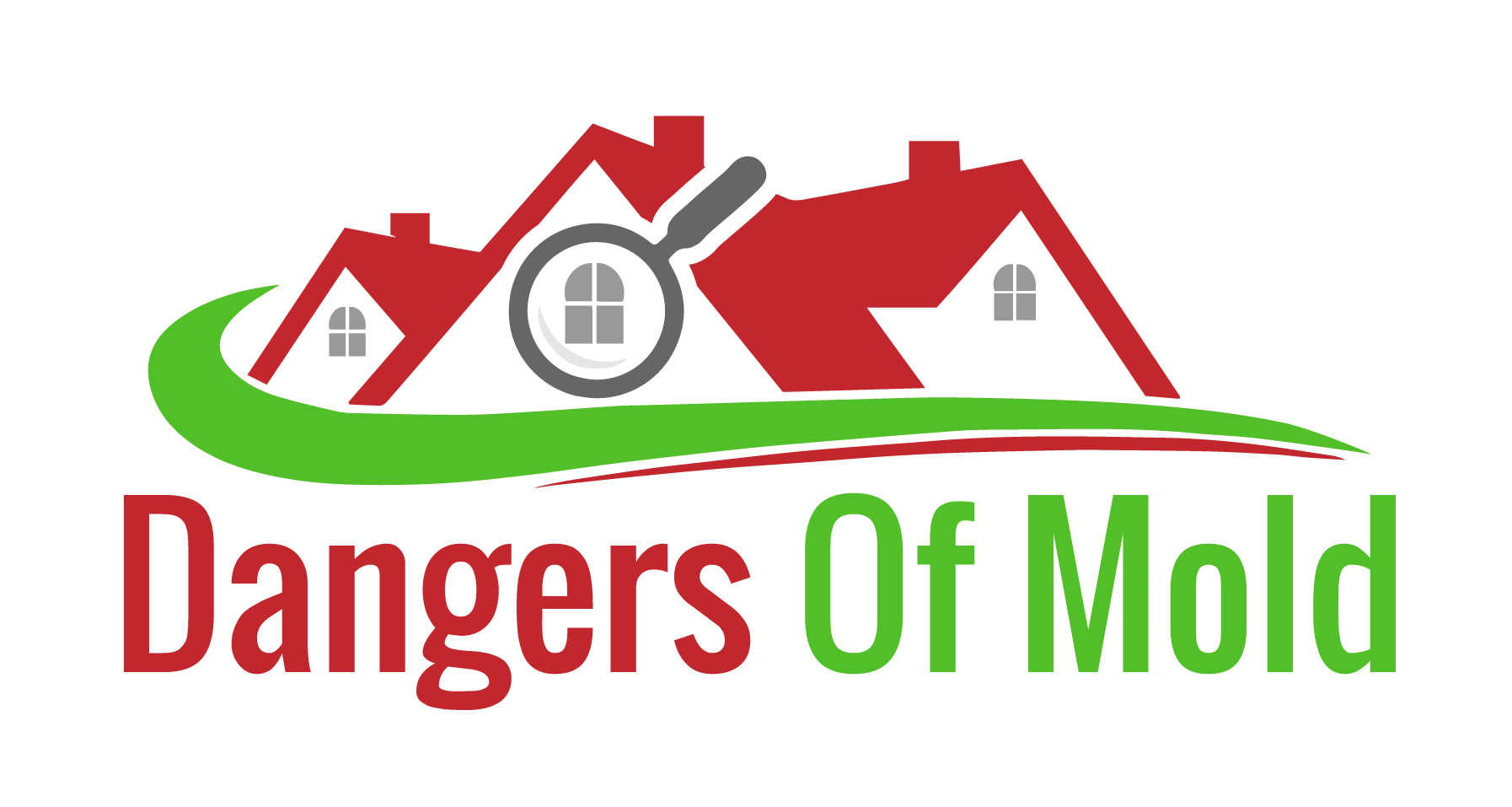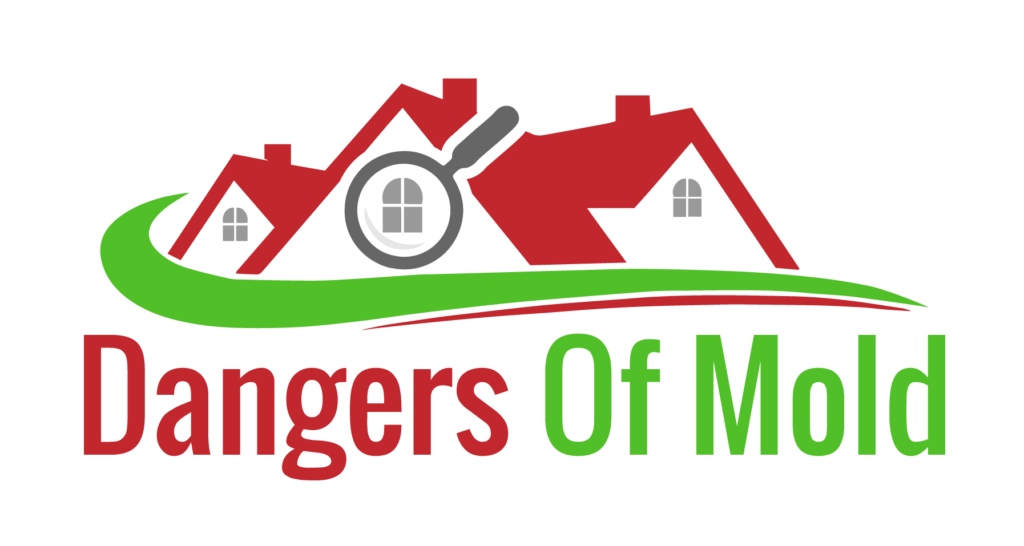Mold spores can trigger allergic reactions in some people, leading to symptoms such as sneezing, runny or stuffy nose, itchy or watery eyes, skin irritation, and throat irritation.
Allergies To Mold
The frequency of allergic reactions to mold spores can vary widely among individuals and is influenced by factors such as sensitivity, overall health, and the type and amount of mold present. Not everyone exposed to mold will experience allergic reactions, and the severity of symptoms can also differ.
Some people are more susceptible to mold allergies than others, and individuals with a history of allergies or asthma may be at a higher risk. The prevalence of mold allergies is not uniform across the population.
If someone is sensitive to mold, exposure to mold spores can trigger allergic reactions. These reactions may include symptoms such as sneezing, runny or stuffy nose, itchy or watery eyes, skin irritation, and throat irritation. In individuals with asthma, exposure to mold can exacerbate respiratory symptoms, leading to coughing, wheezing, and difficulty breathing.
It’s important to note that while mold allergies are relatively common, not all molds are allergenic, and not everyone exposed to mold will experience allergic reactions. Additionally, the concentration of mold spores in the environment can influence the likelihood and severity of allergic responses.
If you suspect that you or someone else is experiencing allergic reactions to mold, it’s advisable to consult with a healthcare professional. They can help determine the cause of the symptoms and recommend appropriate treatment or management strategies. If mold is present in the living or working environment, addressing the underlying moisture issue and implementing mold remediation measures is crucial to reducing exposure and preventing further health issues.

